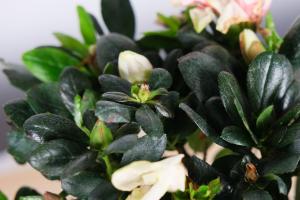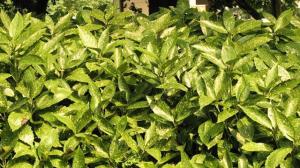Will Sea Water Kill Plants?
Many people wonder whether sea water can harm or even kill plants. The answer is not a straightforward one, as there are several factors that come into play. In this article, we will explore the effects of sea water on plants and what measures can be taken to mitigate any potential harm.
The Effects of Sea Water on Plants
When it comes to the effects of sea water on plants, the key factor is the level of salt concentration in the water. Most plants require freshwater to survive, as they rely on osmosis to absorb water through their roots. However, when plants are exposed to high levels of salt in sea water, the opposite effect occurs. The salt concentration outside the plant is higher than inside, causing water to leave the roots and evaporate from the leaves. This, in turn, can lead to dehydration and damage to the plants.
Types of Plants That Can Tolerate Sea Water
While most plants cannot tolerate sea water, there are some species that have evolved to thrive in saltwater environments. These are known as halophytes and can be found in coastal regions around the world. Examples of such plants include mangroves, beach grasses, and salt-tolerant succulents like ice plants and sea thrift. Halophytes have specialized adaptations that allow them to absorb, store, and excrete salt, making them uniquely suited to survive in saline environments.
How to Mitigate the Effects of Sea Water on Plants
If you live in a coastal region and want to grow plants in your garden, there are several ways to mitigate the effects of sea water on the plants. One option is to use raised garden beds that are filled with a mixture of freshwater and soil. This will provide a barrier for the plants against the sea water and allow them to absorb water through their roots as normal. Another option is to flush out the soil regularly by watering it with freshwater. This will help to remove any excess salt buildup and prevent damage to the plants.
The Bottom Line
While sea water can be harmful to most plants, there are some species that have adapted to tolerate saline environments. If you want to grow plants in coastal regions, it is important to be aware of the salt concentration in the water and take measures to protect your plants. By using raised garden beds and flushing out the soil with freshwater, you can mitigate the effects of sea water on your plants and enjoy a thriving garden.

 how many times do yo...
how many times do yo... how many planted tre...
how many planted tre... how many pine trees ...
how many pine trees ... how many pecan trees...
how many pecan trees... how many plants comp...
how many plants comp... how many plants can ...
how many plants can ... how many plants and ...
how many plants and ... how many pepper plan...
how many pepper plan...






























